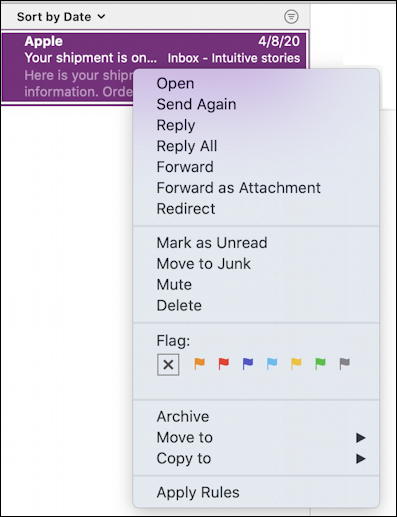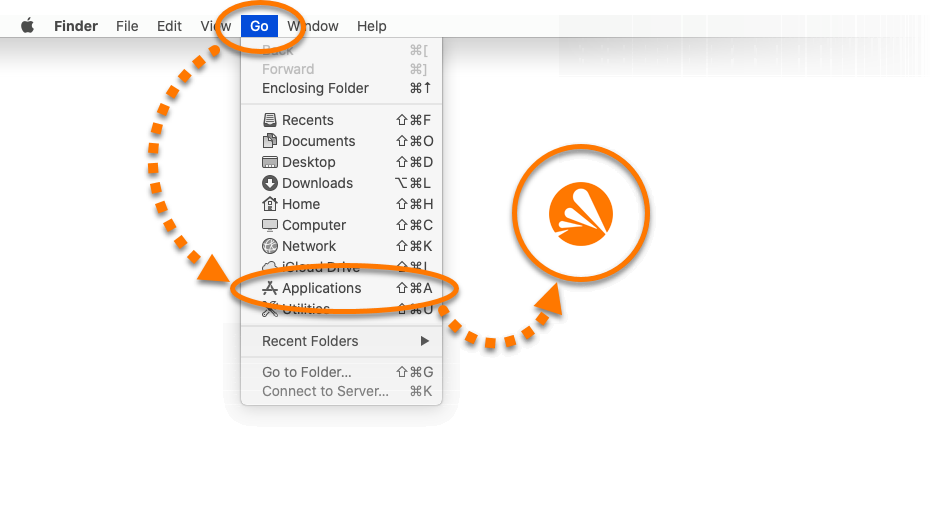- Unintended Risks Of Apple Child Protection Features | Avast
- See Full List On Support.avast.com
- Apple Mail Rule For Avast Security
- The best free antivirus software for Mac is light, powerful, and designed to protect in real-time against new and constantly emerging threats, and has features like spyware and ransomware protection. Avast Free Antivirus for Mac offers all of that, plus additional features that help you protect your online privacy and sensitive information.
- Pretty good security at a fair price Wow, best thing since sliced bread! And I have a bridge to sell, in San Francisco! Actually, I’ve used Avast for years - many years free version, but as cell phones are everywhere and my family is oblivious to all the threats it was time to invest.
See full list on support.avast.com. However, many big-name antivirus and security vendors have products that are specially tailored to devices that run Apple's iOS operating system, which is the mobile OS that iPhones and iPads run on.
Data security
iCloud secures your information by encrypting it when it's in transit, storing it in iCloud in an encrypted format, and using secure tokens for authentication. For certain sensitive information, Apple uses end-to-end encryption. This means that only you can access your information, and only on devices where you’re signed into iCloud. No one else, not even Apple, can access end-to-end encrypted information.
In some cases, your iCloud data may be stored using third-party partners’ servers—such as Amazon Web Services or Google Cloud Platform—but these partners don’t have the keys to decrypt your data stored on their servers.

End-to-end encryption requires that you have two-factor authentication turned on for your Apple ID. Keeping your software up-to-date and using two-factor authentication are the most important things that you can do to maintain the security of your devices and data.


Here's more detail on how iCloud protects your data.
| Data | Encryption | Notes | |
|---|---|---|---|
| In transit | On server | ||
| Backup | Yes | Yes | A minimum of 128-bit AES encryption |
| Safari History & Bookmarks | Yes | Yes | |
| Calendars | Yes | Yes | |
| Contacts | Yes | Yes | |
| Find My (Devices & People) | Yes | Yes | |
| iCloud Drive | Yes | Yes | |
| Messages in iCloud | Yes | Yes | |
| Notes | Yes | Yes | |
| Photos | Yes | Yes | |
| Reminders | Yes | Yes | |
| Siri Shortcuts | Yes | Yes | |
| Voice Memos | Yes | Yes | |
| Wallet passes | Yes | Yes | |
| iCloud.com | Yes | — | All sessions at iCloud.com are encrypted with TLS 1.2. Any data accessed via iCloud.com is encrypted on server as indicated in this table. |
| Yes | No | All traffic between your devices and iCloud Mail is encrypted with TLS 1.2. Consistent with standard industry practice, iCloud does not encrypt data stored on IMAP mail servers. All Apple email clients support optional S/MIME encryption. | |
End-to-end encrypted data
End-to-end encryption provides the highest level of data security. Your data is protected with a key derived from information unique to your device, combined with your device passcode, which only you know. No one else can access or read this data.
Unintended Risks Of Apple Child Protection Features | Avast

These features and their data are transmitted and stored in iCloud using end-to-end encryption:
- Apple Card transactions (requires iOS 12.4 or later)
- Home data
- Health data (requires iOS 12 or later)
- iCloud Keychain (includes all of your saved accounts and passwords)
- Maps Favorites, Collections and search history (requires iOS 13 or later)
- Memoji (requires iOS 12.1 or later)
- Payment information
- QuickType Keyboard learned vocabulary (requires iOS 11 or later)
- Safari History and iCloud Tabs (requires iOS 13 or later)
- Screen Time
- Siri information
- Wi-Fi passwords
- W1 and H1 Bluetooth keys (requires iOS 13 or later)
To access your data on a new device, you might have to enter the passcode for an existing or former device.
Messages in iCloud also uses end-to-end encryption. If you have iCloud Backup turned on, your backup includes a copy of the key protecting your Messages. This ensures you can recover your Messages if you lose access to iCloud Keychain and your trusted devices. When you turn off iCloud Backup, a new key is generated on your device to protect future messages and isn't stored by Apple.
Two-factor authentication
With two-factor authentication, your account can only be accessed on devices you trust, like your iPhone, iPad, or Mac. When you want to sign in with your Apple ID on a new device the first time, you need to provide two pieces of information—your password and the six-digit verification code that's auto-displayed on your trusted devices.
See Full List On Support.avast.com
Use of secure tokens for authentication
Apple Mail Rule For Avast Security
When you access iCloud services with Apple’s built-in apps (for example, Mail, Contacts, and Calendar apps on iOS or macOS), authentication is handled using a secure token. Secure tokens eliminate the need to store your iCloud password on devices and computers.
Health data
End-to-end encryption for Health data requires iOS 12 or later and two-factor authentication. Otherwise, your data is still encrypted in storage and transmission but is not encrypted end-to-end. After you turn on two-factor authentication and update iOS, your Health data is migrated to end-to-end encryption.
If you back up your device on your Mac or iTunes, Health data is stored only if the backup is encrypted.
Privacy
Apple has a company-wide commitment to your privacy. Our Privacy Policy covers how we collect, use, disclose, transfer, and store your information. And in addition to adhering to the Apple Privacy Policy, Apple designs all iCloud features with your privacy in mind.
Learn more
Learn more about advanced security features in the iOS Security Guide.